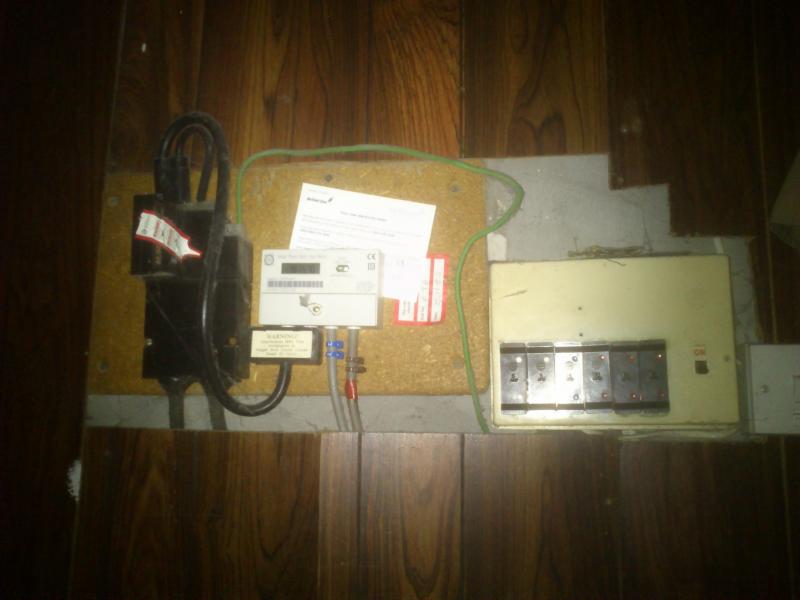Hello all,
My (new) house was built in 1970, I have taken a photo of the consumer unit (see below), I was wondering if people think it all looks ok? I intend to replace the fuses with MCBs, but apart from that, is there anything else I should be worried about?
Regards,
Richard.
My (new) house was built in 1970, I have taken a photo of the consumer unit (see below), I was wondering if people think it all looks ok? I intend to replace the fuses with MCBs, but apart from that, is there anything else I should be worried about?
Regards,
Richard.



